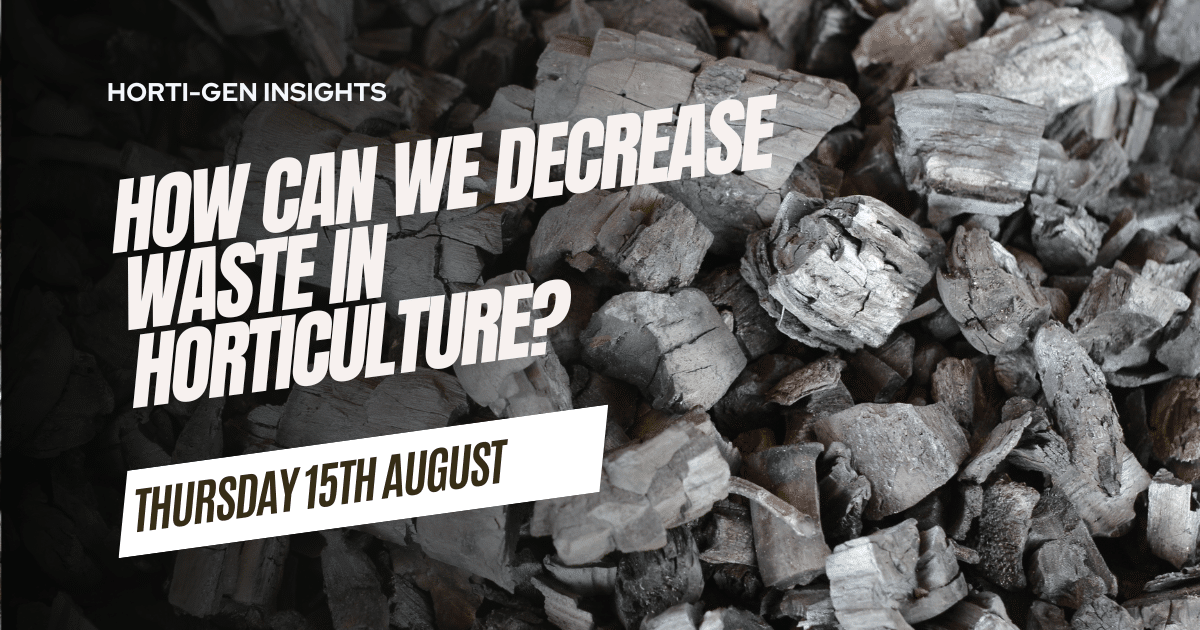In response to increasing environmental challenges, the horticulture and greenhouse industries are exploring innovative ways to reduce their environmental footprint. Among these are the valorization of biomass waste to produce biochar and the recycling of polyethylene film. These approaches address waste management concerns while supporting sustainable practices.
Key Takeaways:
- Biochar Production: Converting greenhouse biomass waste into biochar offers potential benefits, including soil enhancement and carbon sequestration.
- Polyethylene Film Recycling: Both traditional and emerging methods are being developed to manage plastic waste in greenhouses effectively.
- Sustainability Impact: These technologies contribute to waste reduction and the development of sustainable products.
- Industry Adoption: Various companies and research initiatives are investigating these methods to improve greenhouse operations.
Biomass Valorization: Turning Greenhouse Waste into Biochar
Biomass valorization involves transforming organic waste into useful products like biochar. This process is relevant for the horticulture and greenhouse sectors, which generate substantial plant waste. Biochar, produced through pyrolysis—a process that decomposes organic material at high temperatures without oxygen—has properties that can enhance soil health and sequester carbon.
Benefits of Biochar Production
Biochar has been associated with several environmental advantages:
- Soil Improvement: It can improve soil structure by increasing nutrient retention, enhancing microbial activity, and improving water retention, potentially leading to better plant growth.
- Carbon Sequestration: Biochar can store carbon in a stable form within the soil, helping reduce greenhouse gas emissions.
- Waste Reduction: Using greenhouse waste for biochar production can decrease the volume of organic waste that would otherwise end up in landfills.
Challenges of Greenhouse Waste Management
The greenhouse industry faces challenges in managing both organic and plastic waste. Organic waste, including plant residues, contributes to greenhouse gas emissions when landfilled. Plastic waste, primarily from polyethylene films used in greenhouses, is also a concern due to its non-biodegradable nature.
Innovative greenhouse waste management approaches, such as converting biomass to biochar and recycling polyethylene films, offer potential solutions. These methods aim to reduce waste while creating products that could enhance sustainability within the industry.
Polyethylene Film Recycling: Managing Greenhouse Plastic Waste
Polyethylene film is widely used in greenhouses, but its disposal presents environmental challenges. Traditional recycling methods involve mechanical processes, while emerging technologies, such as fungi-based degradation, are being explored. Fungi like Aspergillus tubingensis have shown potential in breaking down polyethylene, offering a possible biological solution to plastic waste.
Read the rest of the newsletter on Horti-Gen Insights



2 Comments